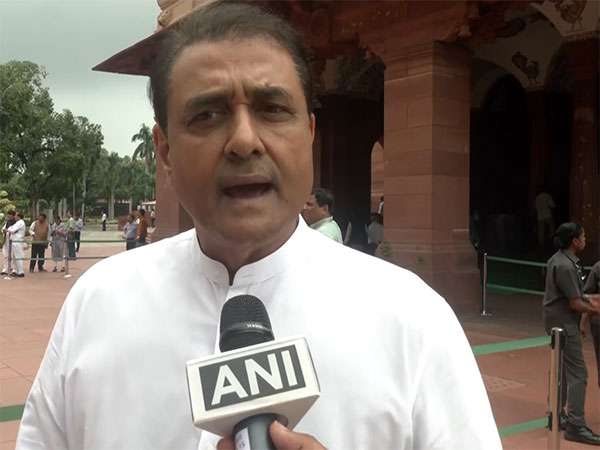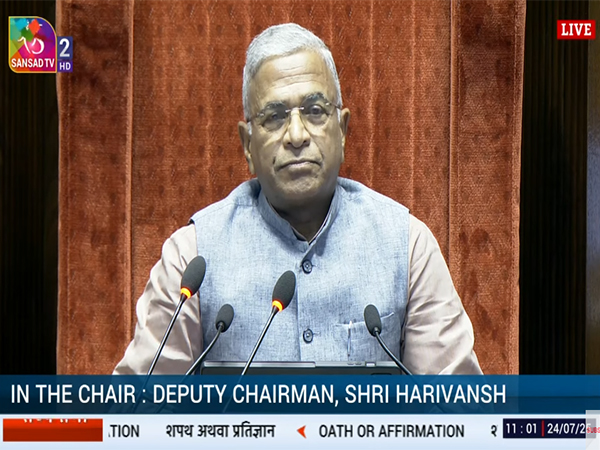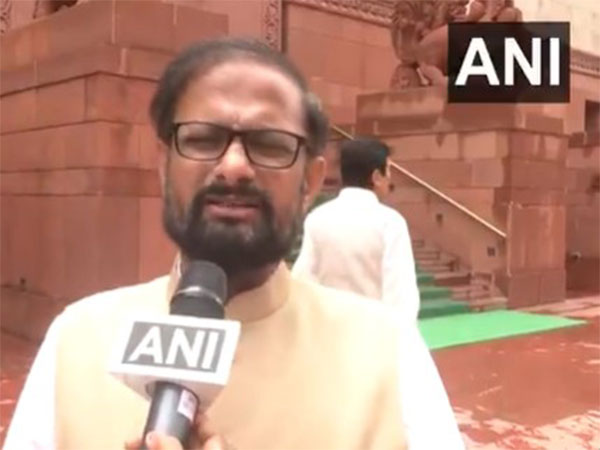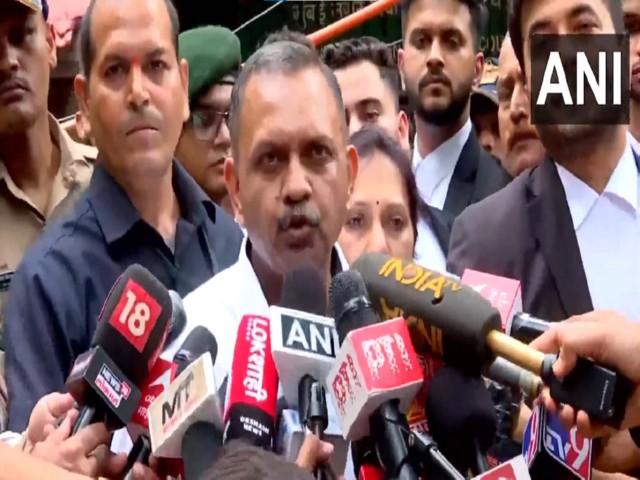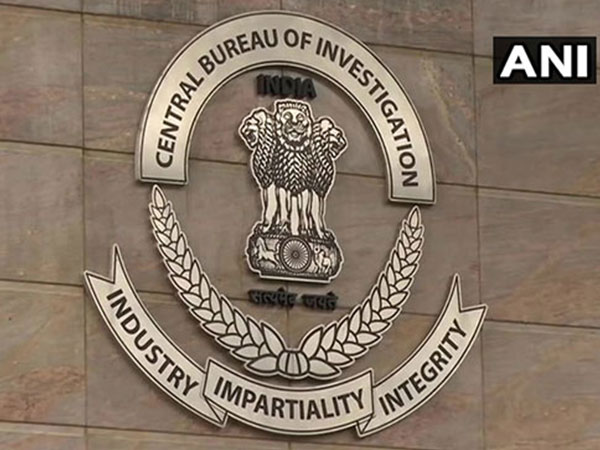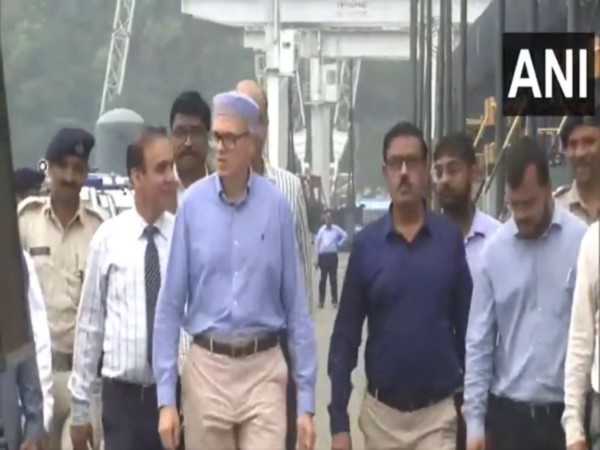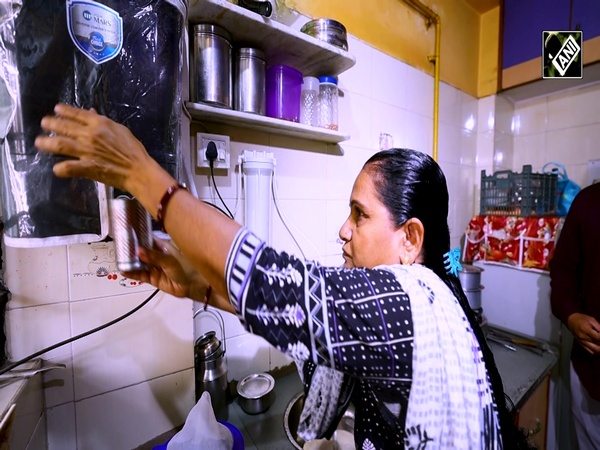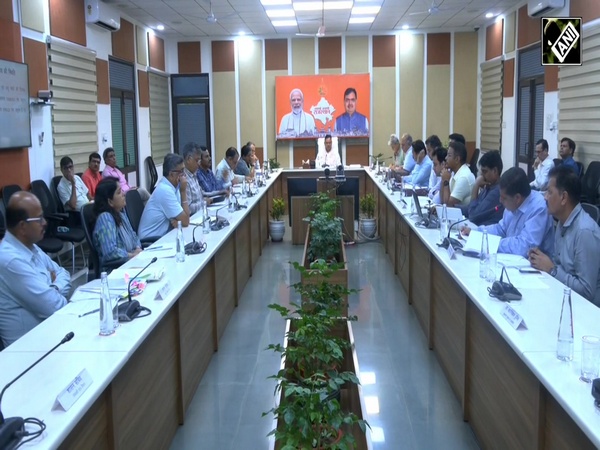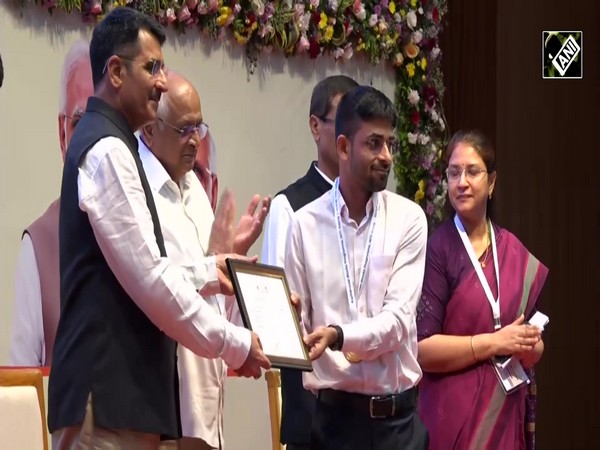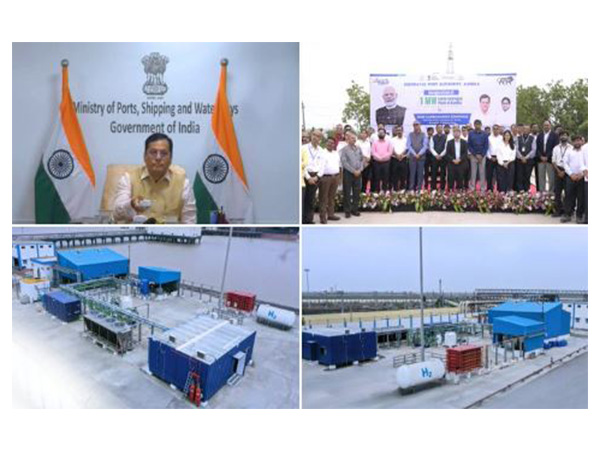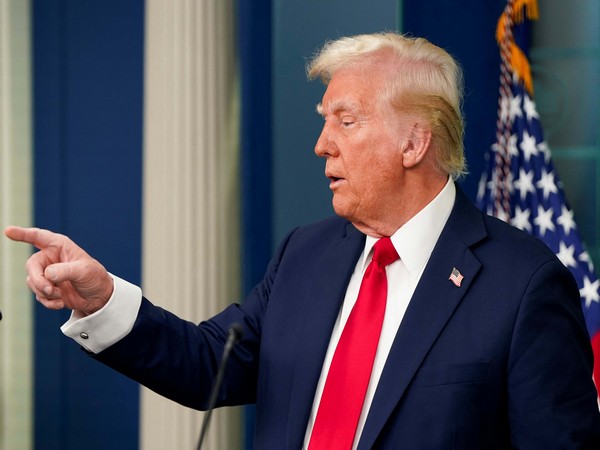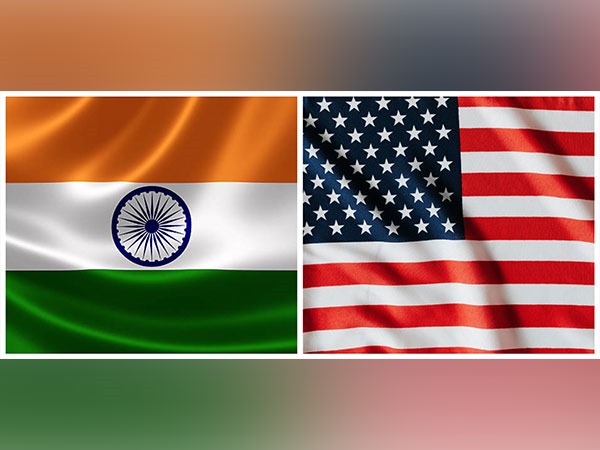
Trump's 25% tariff on Indian goods raises concerns, experts point to diversification opportunities
Jul 30, 2025
New Delhi [India], July 31 : US President Donald Trump's decision to impose 25 per cent tariffs and additional penalties on imports of goods from India from August 1 has drawn concerns from industry leaders and trade experts for its impact on India's export but experts said it is also an opportunity for India to scale up and diversify with FTAs being finalized with several countries.
They also said that India will not be impacted to a very great extent due to some of the competing markets facing higher tariffs from the United States.
Speaking to ANI, Economist Suriya Narayanan called the tariffs a "setback for Indian exporters." 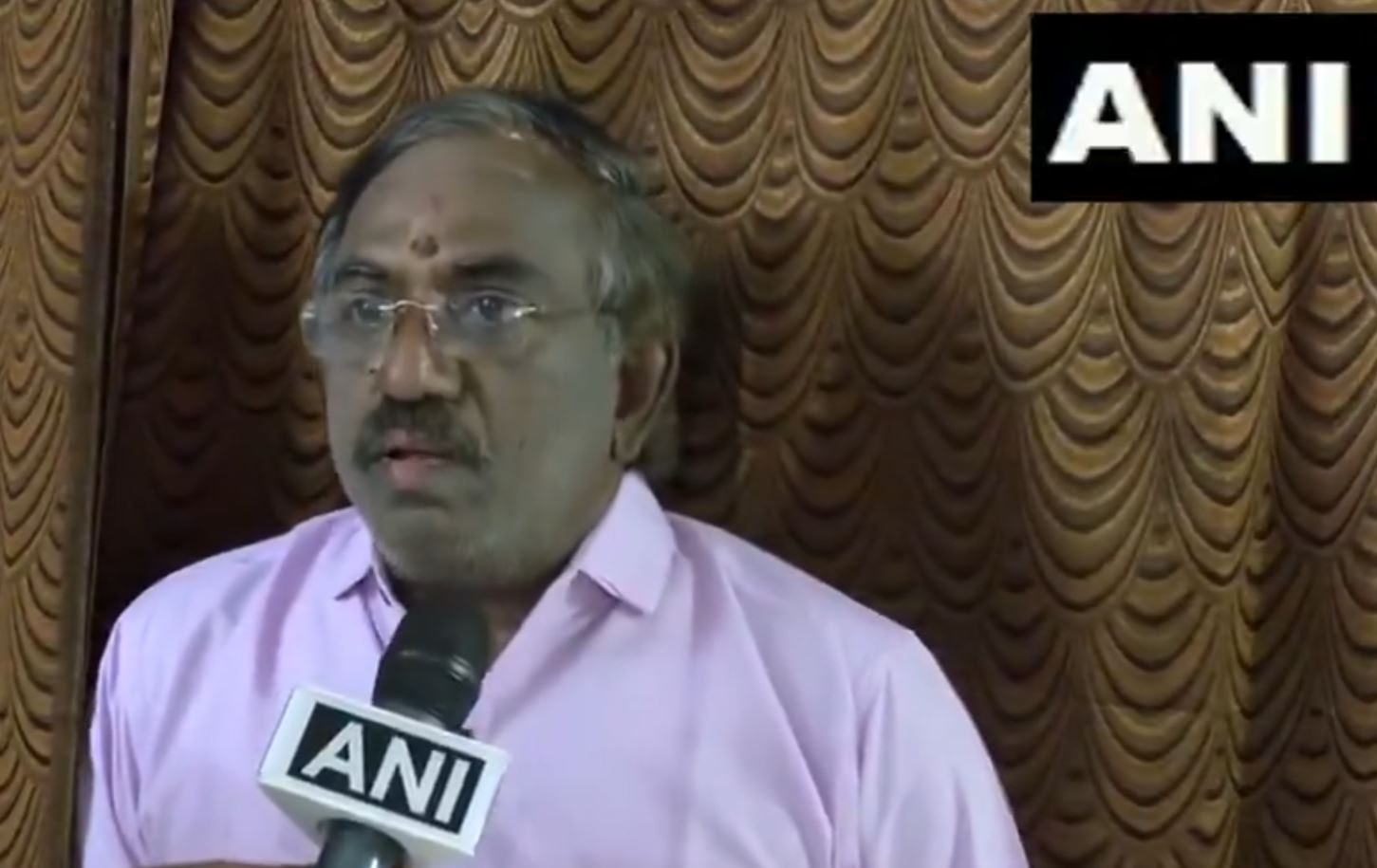
"This is a setback to India because India was exporting pharmaceuticals, copper, metals and more with zero tariffs. Now India has to pay for products exported to the US. This will impact the Indian exporters... This will impact the Indian trade, and Indian exporters expect some concessions..." he said, adding that an American trade team will visit India on 25th August to further talk on this.
Corporate lawyer HP Ranina pointed out that the 25% tariff is still lower than the duties imposed on Chinese and Bangladeshi goods. 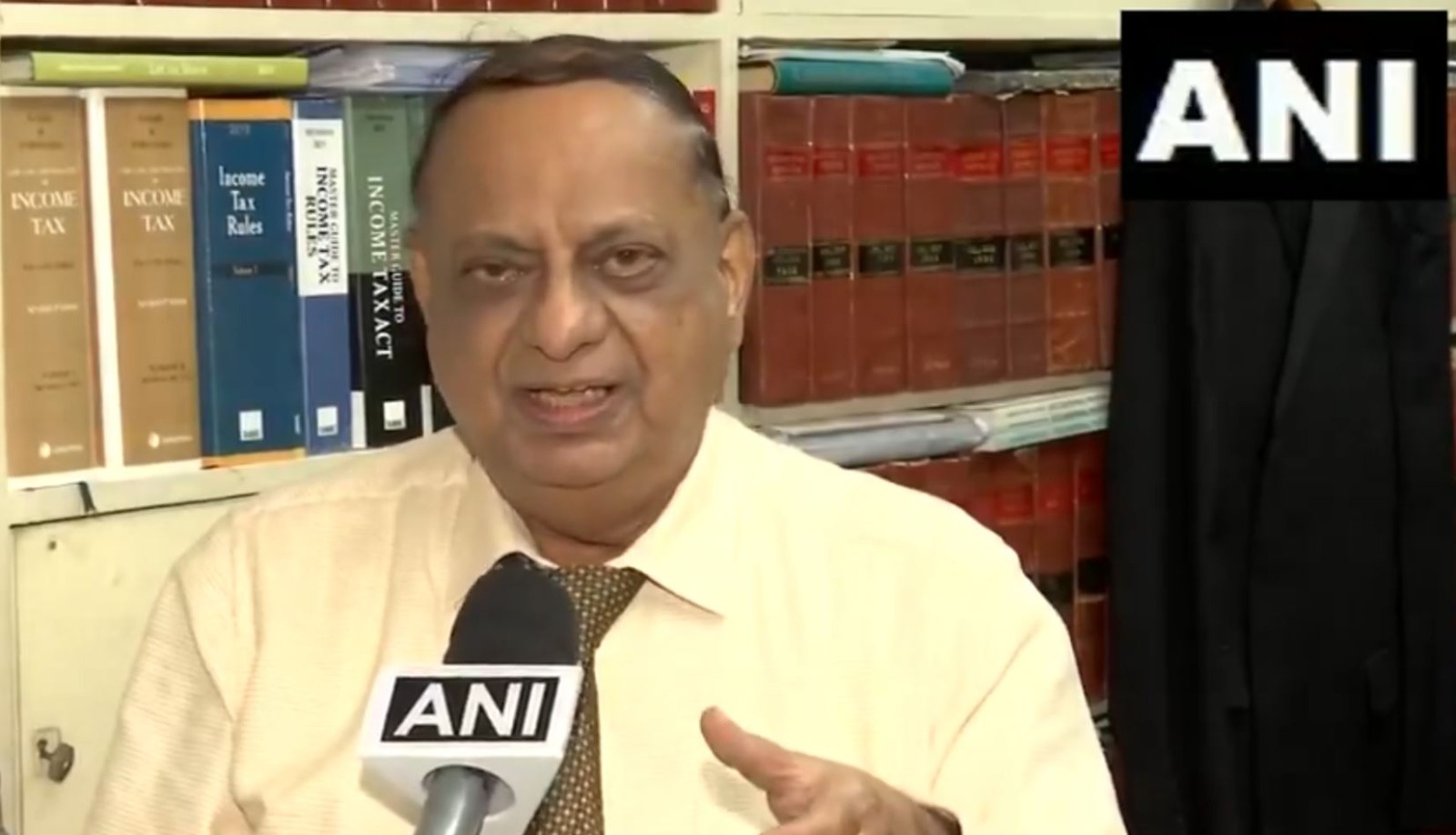
"The US is a government, and they can impose a tariff from 1st August; legally, no one can stop it. It will affect the exports that are currently in the pipeline. Many of the export contracts have been put on hold, but these 25% tariffs are still less than the tariffs imposed on Chinese and Bangladeshi goods... This tariff won't affect the Indian goods to a very big extent, as the leather goods that we are exporting are very cheap... He is talking about penalties, but we don't know what the penalty is..." he said.
Gem and jewellery industry leaders also warned of potential job losses.
Rajesh Rokde, Chairman of the All India Gem and Jewellery Domestic Council, said, "This is very sad; the tariffs have been increased from 10% to 25%, which will be implemented from 1st August. This might impact America more than it will impact India... Jewellery from India is exported across the world... When there was a 10% tariff, around 50 thousand people were suspected to be unemployed. Now, if the situation remains the same, then it can affect more than 1 lakh people... However, in this situation, India had found other ways of doing trade with the European Union and the Middle East..." 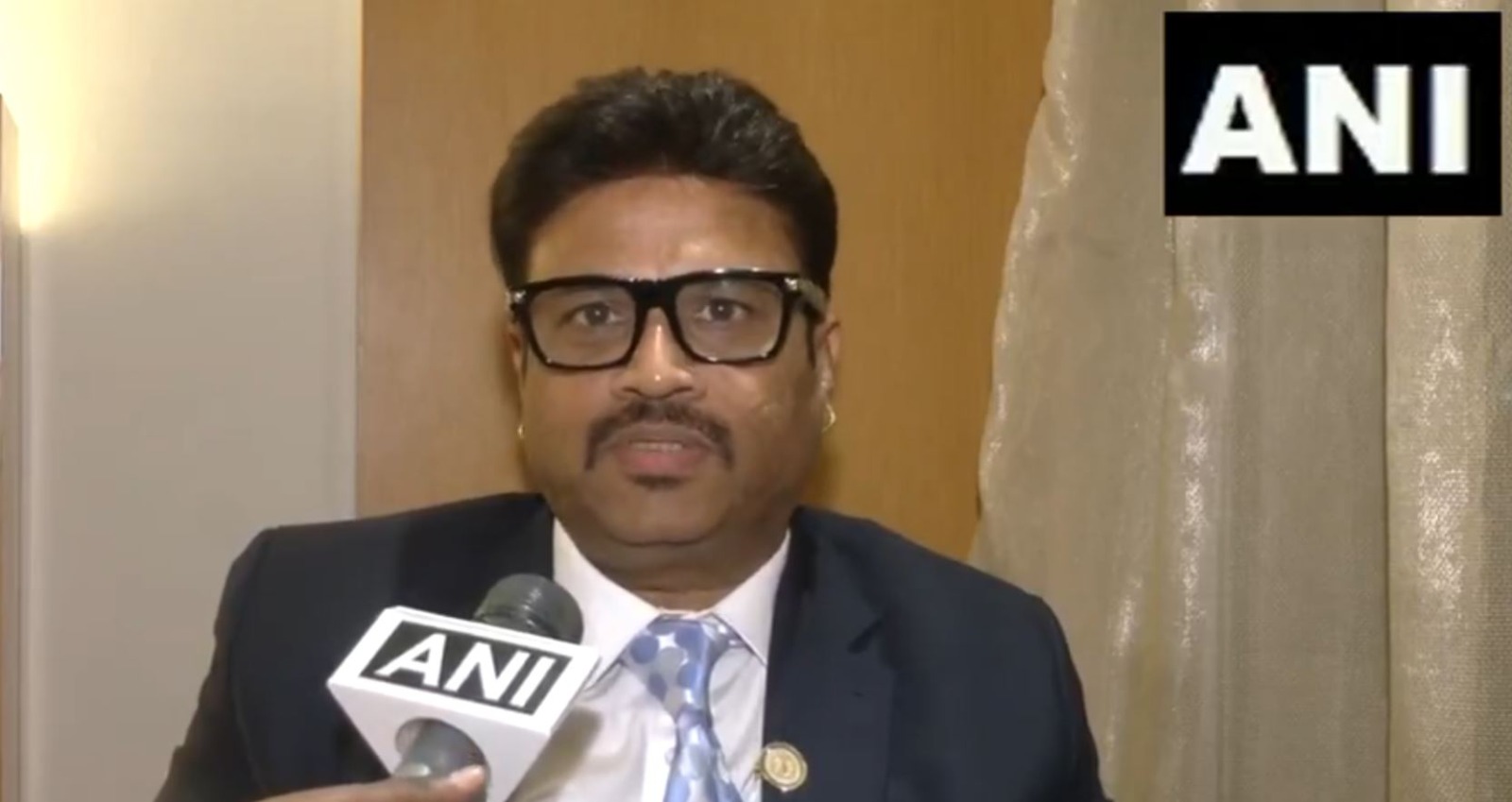
Vice-Chairman Avinash Gupta, however, said Free Trade Agreements (FTAs) with the UK, Australia and others would help India diversify export markets. "It will affect the gem and jewellery industry, but the best part is that the Indian government has done FTAs with the UK, Australia, and other countries also. We have more options available than the US only. We are going to have more options for exporting to other countries. It is going to hurt, as the US was a very big market for the Indian jewellery industry. It will affect us, but it is not going to hamper us," he said. 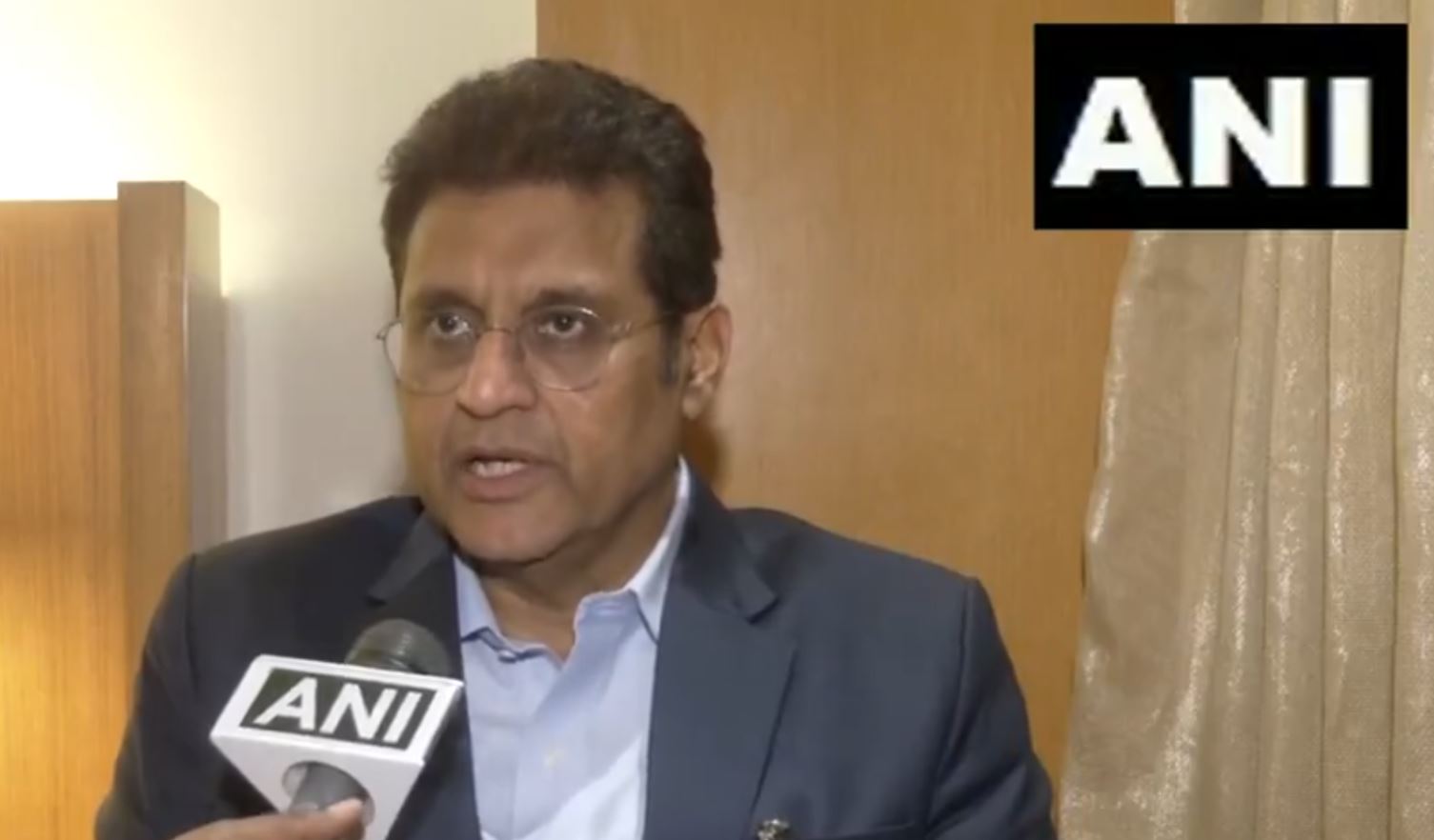
Pavan Choudary, Chairman of the Medical Technology Association of India (MTaI), called the move "economically shortsighted and strategically misguided."
"As a sovereign nation, India makes independent choices in defence and energy based on national interest and long-term strategic priorities. Attempting to punish these decisions through coercive trade measures is not only inappropriate but also counterproductive," he said.
"Framing a key democratic partner in adversarial terms sends the wrong signal and could jeopardise a relationship built on shared strategic interests and trust. Stacking India alongside Russia and China, as Trump has done, is an attempt to cast shadows on it before European eyes. Such mischaracterisation may be coming from a deeper frustration born of repeated failure to isolate India, despite his numerous public statements aimed at doing so," he said in a statement.
Choudary also compared the move to the 1930 US Smoot-Hawley Tariff Act, warning that similar actions had triggered global retaliation and economic disaster in the past.
"It's worth asking whether the recent clarifications in India's Parliament by Prime Minister Modi and Foreign Minister Jaishankar, firmly denying Trump's role in the Indo-Pak ceasefire, have influenced this drastic move. If so, it is unfortunate that straight talk is being met with punitive action. History, too, offers a sobering lesson. In 1930, the US passed the Smoot-Hawley Tariff Act, slapping steep duties on imports. What followed was catastrophic: US exports fell by 61 per cent, international retaliation ensued, and American farmers and industries suffered immensely. The resulting economic pain deepened the Great Depression and compelled a course reversal through the Reciprocal Trade Agreements Act of 1934, which reduced tariffs and promoted long-term trade liberalisation. The USA stayed the flag bearer of this economic doctrine for the next nine decades throughout the world! Yet, despite the clear historical evidence, protectionist impulses resurface this time, aimed at partners, not a rival. Left unaddressed, such missteps could shift Indo-US ties from cooperation to caution," he added.
Subhash Goyal, Chairman of the Tourism Expert Committee at the Chamber of Commerce, called it a "sad day for Indian exports," saying the tariffs would slow exports, hit manufacturing and have ripple effects on the economy. 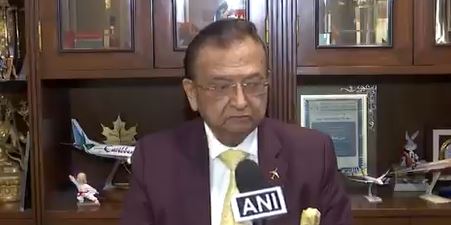
"It is a sad day for Indian exports because India is doing exports worth over USD 100 billion, and the surplus is over USD 40 billion," he said, adding, "It will slow down some of our exports, and there will be a ripple effect on our manufacturing... But it will also adversely affect the American consumers. We are seeing that a lot of American airports are devoid of tourists... India will also have to diversify its export markets, and it will have to relook at certain Asian and European markets."
Dilip Kumar, Chairman of Medical Tourism at the Chamber of Commerce, said the American market was heavily dependent on Indian medical equipment and disposables, warning the tariffs would increase costs for US consumers.
"... He (US President Trump) is trying to kill the market of the Indian economy, but it is not going to happen. The reason behind this is that we are exporters, especially of medical equipment, pharmaceuticals, and disposables, which mostly come from India," he said. 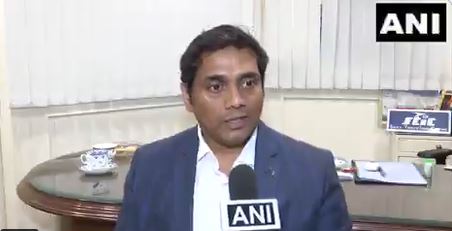
"The American market is dependent upon the Indian and Chinese markets... The cost of the treatment and procedure will increase in America... His country's people are affected by this rather than India. India won't be impacted, as we will go by the route of exporting to the European countries. We can survive in the toughest times and bounce back," he added.
Ranjeet Mehta, CEO and Secretary General of the PHD Chamber of Commerce and Industry (PHDCCI), said India should use the moment to scale up and realign supply chains.
"The US is also recalibrating its trade policy by imposing tariffs on major exporting economies like China, Vietnam, Bangladesh and India. There will be a momentary impact on our MSMEs, but we see this as an opportunity as well. This is the time that India scales it up... we have the demographic dividend, technological agility, and entrepreneurial depth. India is being seen as one of the most promising partners by the global leaders looking to de-risk their over-dependence on selected economies... Even the US consumers will have to pay more for the products. When there are numerous tariffs across economies, the consumer will be impacted ultimately," he said. 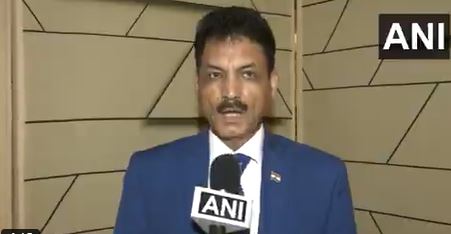
Mehta added, "Recently, India has signed a comprehensive agreement with the UK. We are in advanced (stage of) discussions with various nations... India is going to gain with the tariff imposed, because it will emerge as a very reliable partner for the global players looking to realign their supply chain..."
Manoranjan Sharma, Chief Economist at Infomerics Ratings, said Indian industries would need to reposition. 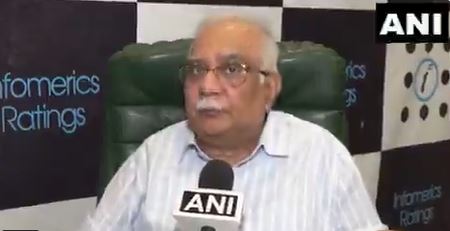
"This is important because the US is our largest trading partner and the largest exporting destination. We can offset this impact to a limited extent by trade agreements with the UK, the European Union, and the Middle East. There is no doubt that this will cause a major hit on the incomes and profits of the products of the companies exporting to the US," he said.
US President Trump on Wednesday announced 25 per cent tariffs on India starting August 1. Trump also said India will face additional penalties for purchasing oil from Russia.
"Remember, while India is our friend, we have, over the years, done relatively little business with them because their Tariffs are far too high, among the highest in the World, and they have the most strenuous and obnoxious non-monetary Trade Barriers of any Country. Also, they have always bought a vast majority of their military equipment from Russia, and are Russia's largest buyer of ENERGY, along with China, at a time when everyone wants Russia to STOP THE KILLING IN UKRAINE - ALL THINGS NOT GOOD! INDIA WILL THEREFORE BE PAYING A TARIFF OF 25%, PLUS A PENALTY FOR THE ABOVE, STARTING ON AUGUST 1st. THANK YOU FOR YOUR ATTENTION TO THIS MATTER. MAGA!", Trump said in a post on his Truth Social account.
Over the past few months, India and the US have been negotiating for an interim trade deal, but there were some reservations from the Indian side on the US demand for opening up the agricultural and dairy sectors for the US. Agriculture and dairy are critical for India as these two sectors provide livelihood opportunities to a large section of its people.
India and the United States have agreed to expand bilateral trade to reach USD 500 billion by 2030, including through the conclusion of a Bilateral Trade Agreement by the fall of 2025.
